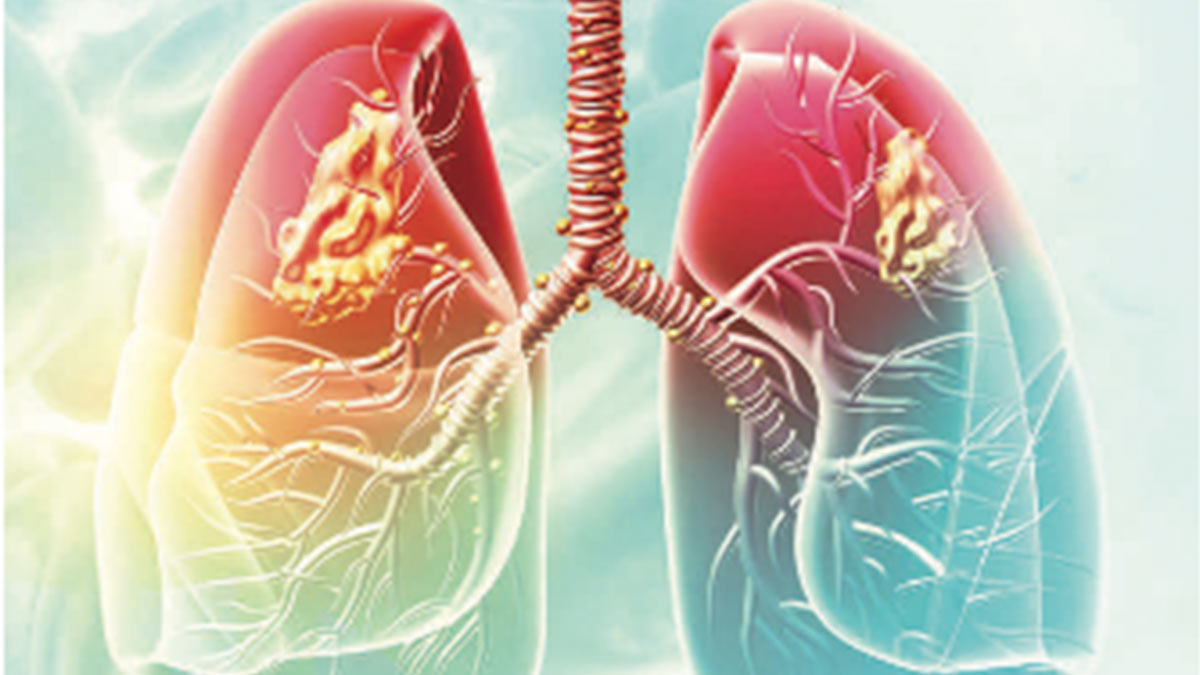Researchers from Queen’s University Belfast have discovered a new method for improving the safety of radiotherapy for patients receiving treatment for lung cancer.
The research has been published in the journal Radiotherapy & Oncology, the leading European radiotherapy medical journal.
The study was led by Dr Gerard Walls, an Oncologist from the Patrick G Johnston Centre for Cancer Research at Queen’s University Belfast and the Northern Ireland Cancer Centre.
Although radiotherapy technology has advanced significantly in the last two decades and side-effects are now less common, many patients still experience an abnormal heart rhythm in the months or years after treatment.
This can lead to hospital admissions and additional medications being needed, which overall negatively impact patients’ quality of life when they are recovering from their cancer treatment.
Using information from patients previously treated at the Northern Ireland Cancer Centre, together with Oncology colleagues Prof Gerry Hanna and Dr Jonathan McAleese, Dr Walls discovered that patients who receive a high dose of radiation to the pulmonary veins at the back of the heart are at a higher risk of an arrhythmia called atrial fibrillation.
Rhythm problems like this can cause difficult symptoms such as palpitations, light-headedness, shortness of breath, and in some cases stroke, all which can reduce quality of life when recovering from cancer treatment.
Although reducing the radiotherapy dose to this sensitive area of the heart is not avoidable if the tumour is nearby, doctors now know how to check this feature of a patient’s radiotherapy plan and can monitor for any heart issues.
Commenting on the importance of this research, Dr Walls said: “These findings show promise for reducing radiotherapy side-effects after lung cancer treatment. Radiotherapy is an effective treatment for lung cancer, so we are always looking for ways to make it easier and safer for patients.
“Our research suggests that we might be able to tell which patients are more likely to have heart problems after their treatment. Although this side-effect is not common, knowledge is power for those patients, as they can be educated about what symptoms to look out for, and their oncologist can also monitor for this side-effect.”
To conduct this research, Dr Walls collaborated with Belfast Health and Social Care Trust cardiology doctors, the Cancer Centre Hospital physics team and radiobiology experts at the Patrick G Johnston Centre for Cancer Research at Queen’s University.
The study was funded by an Irish Clinical Academic Training Programme fellowship awarded to Dr Walls. ICAT is an all-Island training programme for doctors who wish to integrate research into their clinical practice. This prestigious programme is funded by the Wellcome Trust (UK), the Health Research Board (Ireland) and the Northern Ireland Research and Development office, among other funding bodies.







